The UN has its own day of rage over Trump’s Jerusalem declaration | Anne’s Opinions, 21st December 2017
The UN continued its shameful tradition vis-à-vis Israel with an emergency session held yesterday in order to denounce Trump’s declaration of recognition of Jerusalem as Israel’s capital, and demanding that the US rescind the President’s decree.
Outrageously and absurdly, it was Yemen who called for the debate on the grounds that the declarations “threatens peace”. This is Yemen which is embroiled in a civil war with tens of thousands of casualties, not to mention massive human rights violations. I guess they would know what peace looks like?
Ahead of the debate US Ambassador Nikki Haley responded to the UN in kind, issuing threats of “taking names” of those who will vote against the US, in order to reconsider the aid that the US gives them:
She was given full support by Donald Trump:
“I like the message that Nikki sent yesterday at the United Nations, for all those nations that take our money and then they vote against us at the Security Council, or they vote against us potentially at the assembly,” Trump said, commenting on US Ambassador Nikki Haley’s statement to UN member states in which she warned of possible retaliation should they support a resolution criticizing Washington’s decision.
And then the debate and the vote took place – and it was more shameful and outrageous (there’s that word again. I just can’t help it when it comes to the UN) than I expected. Here is the final tally:
I am disgusted at the United Kingdom, but despite Theresa May’s pro-Israel reputation the Foreign Office does not fully represent her views. And maybe her reputation is not as well-deserved as we think. I expected no better from Germany and France, but it was interesting that the Czech Republic, Poland and Hungary chose to abstain rather than vote with the EU block, as well as Latvia and Romania.
Australia and Canada, traditionally two of Israel’s strongest Western allies, hardly covered themselves in glory when they abstained – which is almost as bad as a vote in favour of the resolution.
As to the action on the floor itself, here are some of the speeches against the resolution.
Here is Israel’s Ambassador Danny Danon, and I am pleased that he mentioned the outrageous (again) UN Security council Resolution 2334, which was NOT vetoed at the behest of former President Barack Obama, which denounced all Israeli presence in Judea and Samaria and denied any Jewish connection to those areas and to Jerusalem. Here are some highlights:
Addressing the General Assembly, Ambassador Danny Danon harshly criticized the countries supporting the resolution at the urging of the Palestinian Authority and the Palestine Liberation Organization.
“Those who support today’s resolution are like puppets pulled by the strings of the Palestinian puppet masters,” said Ambassador Danon. “You are like marionettes forced to dance while the Palestinian leadership looks on with glee.”
Danon noted the recent rocket attacks from Gaza and went on to say that “violence and terror must never be tolerated.” He pointed out that “if this body were really united for peace, it would pass a resolution condemning Palestinian violence.”
Earlier in his address, Ambassador Danon displayed a coin from the year 67 CE that was minted during the Jewish revolt against the Romans. Replicas of the coin had been distributed to the UN ambassadors before the vote.
“On this coin is written ‘Freedom of Zion,’ Danon said. “It proves the ancient connection of Jews to Jerusalem. No UNESCO declaration, no empty speeches, no General Assembly resolution will ever drive us from Jerusalem.”
But the star of the show was no doubt the US’s intrepid Ambassador Nikki Haley. here is the full text of her speech before the vote:
Thank you, Mr. President. In this meeting, I will not use Council’s time to address where a sovereign nation might decide to put its embassy, and why we have every right to do so. I will address a more appropriate and urgent concern.
This week marks the one-year anniversary of the passage of Resolution 2334. On that day, in this Council, in December 2016, the United States elected to abstain, allowing the measure to pass. Now it’s one year and a new administration later. Given the chance to vote again on Resolution 2334, I can say with complete confidence that the United States would vote “no.” We would exercise our veto power. The reasons why are very relevant to the cause of peace in the Middle East.
On the surface, Resolution 2334 described Israeli settlements as impediments to peace. Reasonable people can disagree about that, and in fact, over the years the United States has expressed criticism of Israeli settlement policies many times.
But in truth, it was Resolution 2334 itself that was an impediment to peace. This Security Council put the negotiations between Israelis and the Palestinians further out of reach by injecting itself, yet again, in between the two parties to the conflict.
By misplacing the blame for the failure of peace efforts squarely on the Israeli settlements, the resolution gave a pass to Palestinian leaders who for many years rejected one peace proposal after another. It also gave them encouragement to avoid negotiations in the future. It refused to acknowledge the legacy of failed negotiations unrelated to settlements. And the Council passed judgment on issues that must be decided in direct negotiations between the parties.
If the United Nations’ history in the peace efforts proves anything, it is that talking in New York cannot take the place of face-to-face negotiations between the regional parties. It only sets back the cause of peace, not advance it.
As if to make this very point, Resolution 2334 demanded a halt to all Israeli settlement activity in East Jerusalem – even in the Jewish Quarter of the Old City. This is something that no responsible person or country would ever expect Israel would do. And in this way, Resolution 2334 did what President Trump’s announcement on Jerusalem as the capital of Israel did not do: It prejudged issues that should be left in final status negotiations.
Given the chance today, the United States would veto Resolution 2334 for another reason. It gave new life to an ugly creation of the Human Rights Council: the database of companies operating in Jewish communities. This is an effort to create a blacklist, plain and simple. It is yet another obstacle to a negotiated peace. It is a stain on America’s conscience that we gave the so-called BDS movement momentum by allowing the passage of Resolution 2334.
To the United Nations’ shame, this has been a disproportionately hostile place for the Middle East’s most enduring democracy.
The United States refuses to accept the double standard that says we are not impartial when we stand by the will of the American people by moving our US embassy, but somehow the United Nations is a neutral party when it consistently singles out Israel for condemnation.
For decades, Israel has withstood wave after wave of bias in the UN and its agencies. The United States has often stood beside Israel. We did not on December 23, 2016. We will not make that mistake again.
This week marks the one year anniversary of a significant setback for Middle East peace. But the United States has an undiminished commitment to helping bring about final status negotiations that will lead to lasting peace.
Our hand remains extended to both parties. We call on all countries that share this commitment to learn the hard lessons of the past and work to bring Israel and the Palestinian people in good faith to the peace table.
Thank you, very much.
The United States exercised its veto (which it refused to do with Resolution 2334) in order to defeat the resolution. Ms. Haley explained the reason for the veto (at the same link above, scroll down the page):
Here is the full text of her speech: (scroll down the page to the second half):
Thank you, Mr. President.
I have been the proud Representative of the United States at the United Nations for nearly a year now. This is the first time I have exercised the American right to veto a resolution in the Security Council. The exercise of the veto is not something the United States does often. We have not done it in more than six years. We do it with no joy, but we do it with no reluctance.
The fact that this veto is being done in defense of American sovereignty and in defense of America’s role in the Middle East peace process is not a source of embarrassment for us; it should be an embarrassment to the remainder of the Security Council.
As I pointed out when we discussed this topic 10 days ago, I will once again note the features of the President’s announcement on Jerusalem that are most relevant here. The President took great care not to prejudge final status negotiations in any way, including the specific boundaries of Israeli sovereignty in Jerusalem. That remains a subject to be negotiated only by the parties. That position is fully in line with the previous Security Council resolutions.
The President was also careful to state that we support the status quo regarding Jerusalem’s holy sites, and we support a two-state solution if that’s what the parties agree to. Again, these positions are fully consistent with the previous Security Council resolutions.
It is highly regrettable that some are trying to distort the President’s position to serve their own agendas.
What is troublesome to some people is not that the United States has harmed the peace process – we have, in fact, done no such thing. Rather, what is troublesome to some people is that the United States had the courage and honesty to recognize a fundamental reality. Jerusalem has been the political, cultural, and spiritual homeland of the Jewish people for thousands of years. They have had no other capital city. But the United States’ recognition of the obvious – that Jerusalem is the capital and seat of the modern Israeli government – is too much for some.
First, some have threatened violence on the street, as if violence would somehow improve the prospects of peace.
Now today, buried in diplomatic jargon, some presume to tell America where to put our embassy. The United States’ has a sovereign right to determine where and whether we establish an embassy. I suspect very few Member States would welcome Security Council pronouncements about their sovereign decisions. And I think of some who should fear it.
It’s worth noting that this is not a new American position. Back in 1980, when Jimmy Carter was the American President, the Security Council voted on Resolution 478, which called upon diplomatic missions to relocate from Jerusalem. The United States did not support Resolution 478.
In his remarks, then-Secretary of State Ed Muskie said the following: “The draft resolution before us today is illustrative of a preoccupation which has produced this series of unbalanced and unrealistic texts on Middle East issues.”
Specifically, regarding the provision on diplomatic missions in Jerusalem, Secretary Muskie said this: “In our judgment, this provision is not binding. It is without force. And we reject it as a disruptive attempt to dictate to other nations. It does nothing to promote a resolution of the difficult problems facing Israel and its neighbors. It does nothing to advance the cause of peace.”
That was in 1980. It is equally true today. The United States will not be told by any country where we can put our embassy.
Buried even deeper in the jargon of this resolution is the accusation that the United States is setting back the prospects of peace in the Middle East. That is a scandalous charge. Those who are making it should consider that it only harms the very Palestinian people they claim to speak for. What does it gain the Palestinian people for their leaders to throw up roadblocks to negotiations?
A “peace process” that is damaged by the simple recognition that Jerusalem is the capital of Israel is not a peace process; it is a justification for an endless stalemate. What does it gain the Palestinian people for some of their leaders to accuse the United States of being hostile to the cause of peace? It gains them nothing, but it risks costing them a great deal.
The United States has done more than any other country to assist the Palestinian people. By far. Since 1994, we have given over $5 billion to the Palestinians in bilateral economic assistance, security assistance, and humanitarian assistance.
The United Nations Relief and Works Agency for Palestinian Refugees operates schools and medical facilities throughout the region. It is funded almost entirely by voluntary contributions. Last year, the United States voluntarily funded almost 30 percent of UNRWA’s budget. That’s more than the next two largest donors combined. And it’s vastly more than some of the members of this Council that have considerable financial resources of their own.
I’ll be blunt: When the American people see a group of countries whose total contributions to the Palestinian people is less than one percent of UNRWA’s budget – when they see these countries accuse the United States of being insufficiently committed to peace – the American people lose their patience.
I have been to the Palestinian refugee camps the United States supports with their contributions. I have met with men, women, and children. I have advocated on their behalf. I can tell you that their leaders do them no favors by being more open to abandoning peace negotiations than to doing the hard work of seeing them to completion.
The United States has never been more committed to peace in the Middle East. We were committed to it before the President announced our recognition of Jerusalem as the capital of Israel, and we’re committed to it today.
What we witnessed here today in the Security Council is an insult. It won’t be forgotten. It’s one more example of the United Nations doing more harm than good in addressing the Israeli-Palestinian conflict.
Today, for the simple act of deciding where to put our embassy, the United States was forced to defend its sovereignty. The record will reflect that we did so proudly. Today, for acknowledging a basic truth about the capital city of Israel, we are accused of harming peace. The record will reflect that we reject that outrageous claim.
For these reasons, and with the best interests of both the Israeli and the Palestinian people firmly in mind, the United States votes no on this resolution.
Thank you.
Israel will remain eternally grateful to the United States, led by President Donald Trump and so excellently represented by Ambassador Nikki Haley.
Here is Prime Minister Binyamin Netanyahu thanking the US for its support:
And Danny Danon reminded us of another shameful and outrageous resolution 42 years ago: the equating of Zionism with racism. Just as that resolution was rescinded 16 years later, so too will all these other shameful debates and resolutions end up in the trash can.
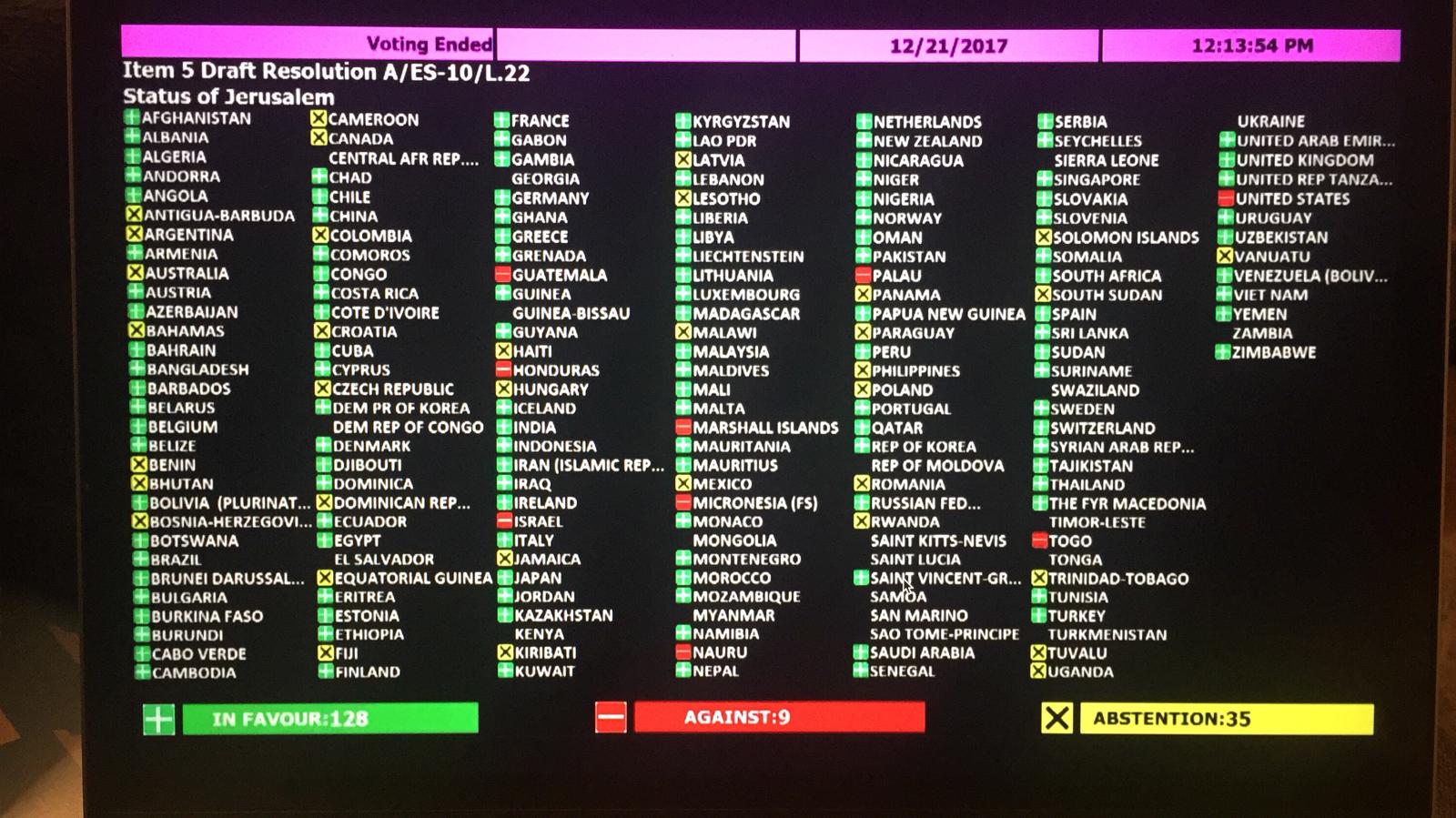


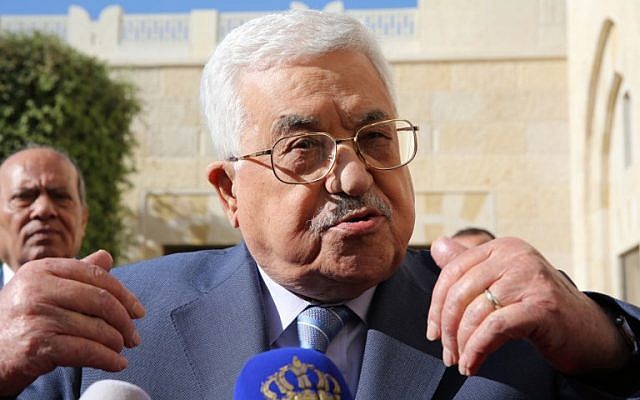




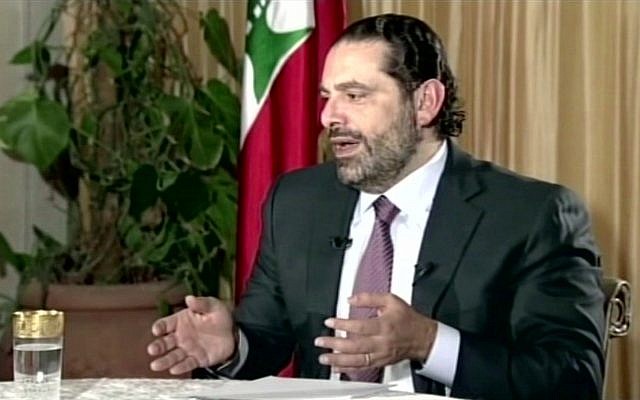
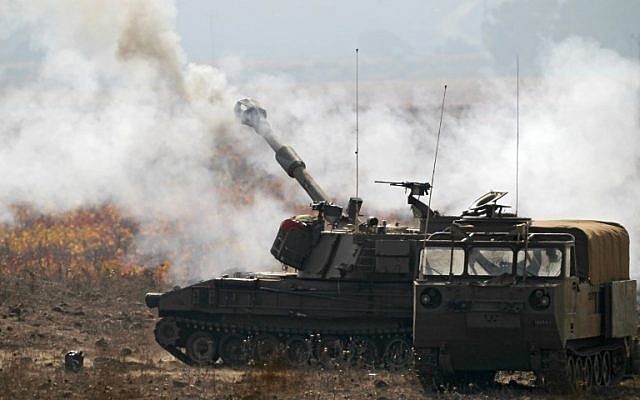
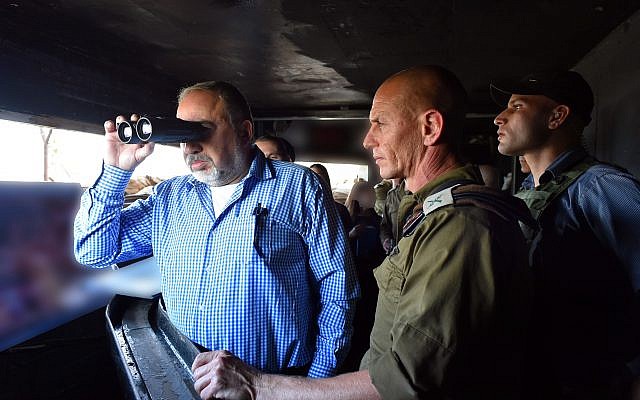



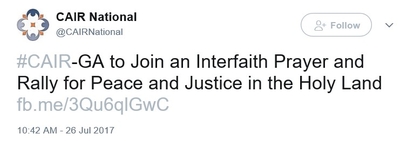












Recent Comments